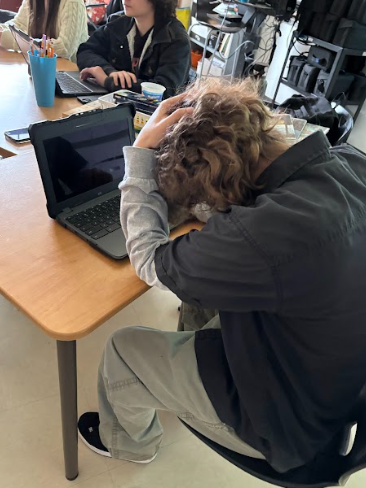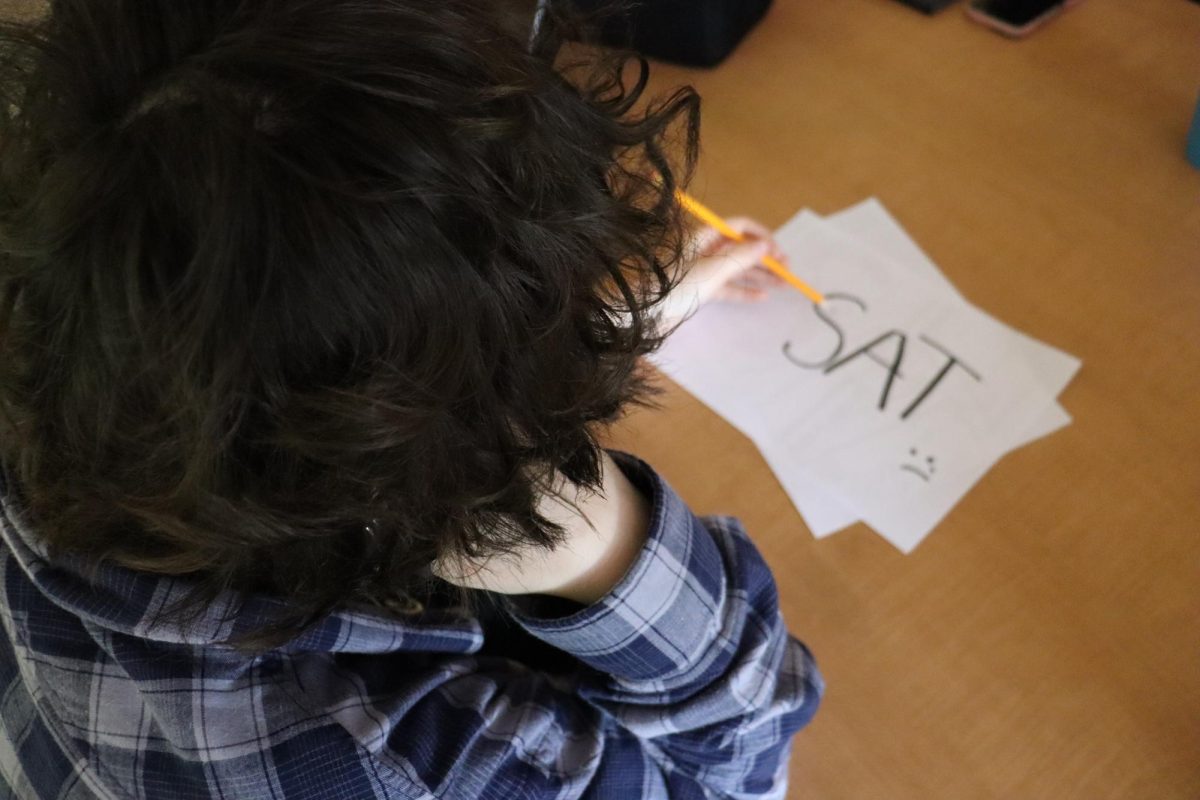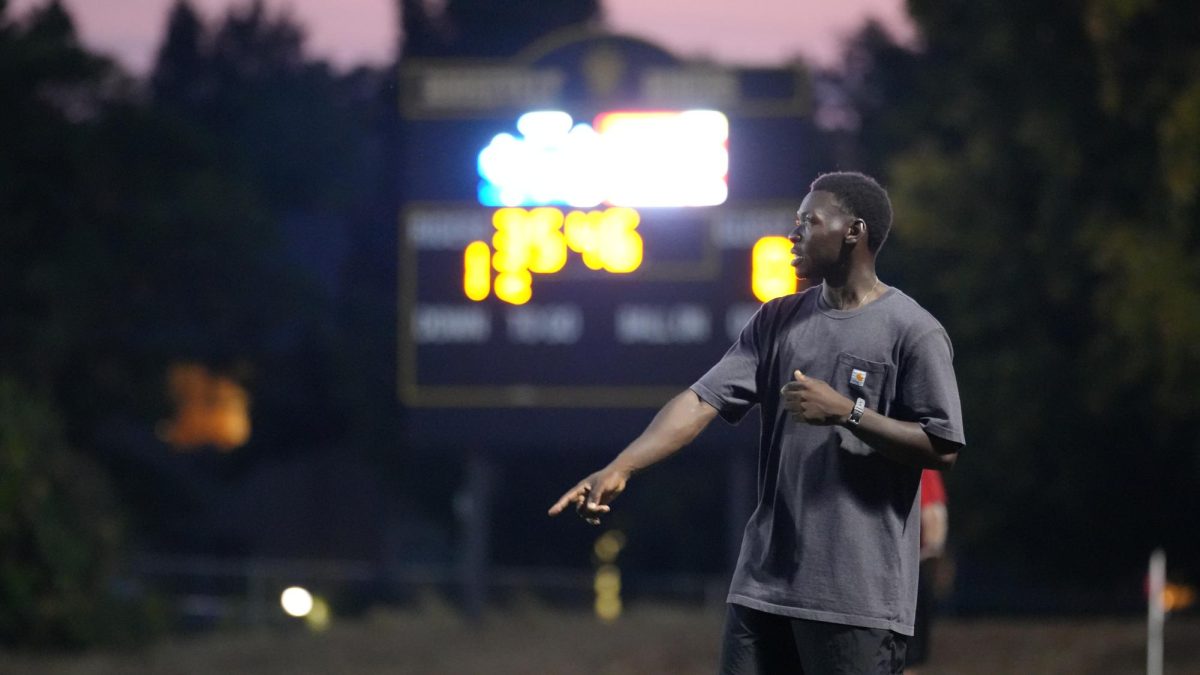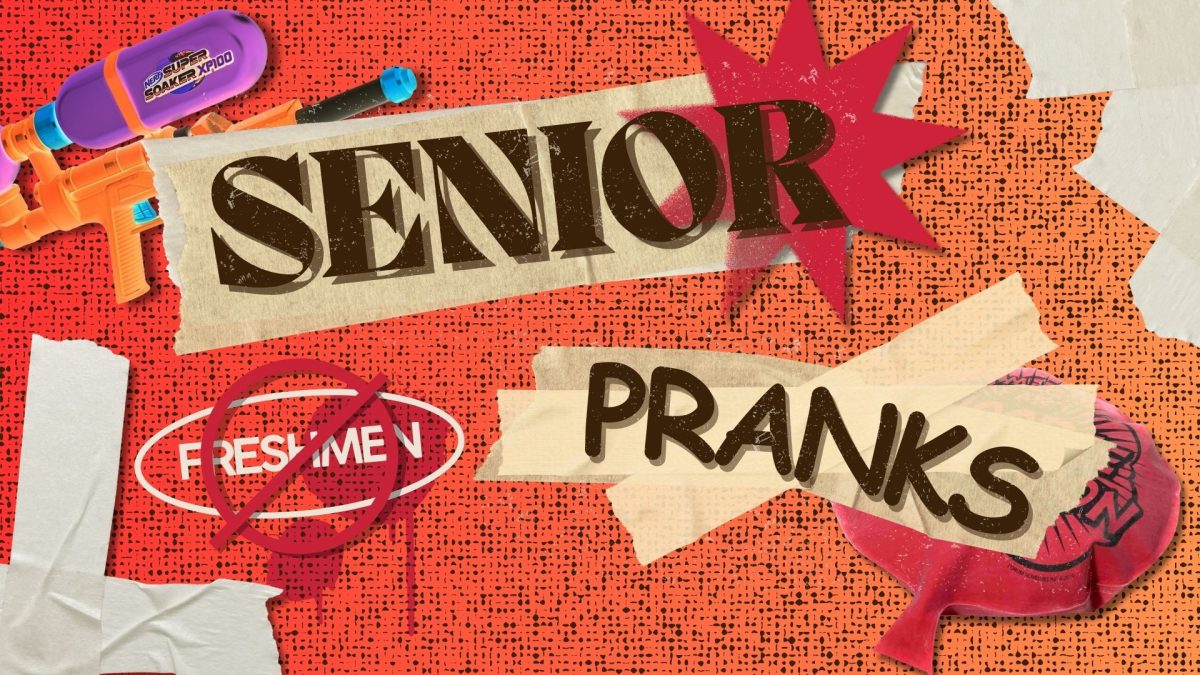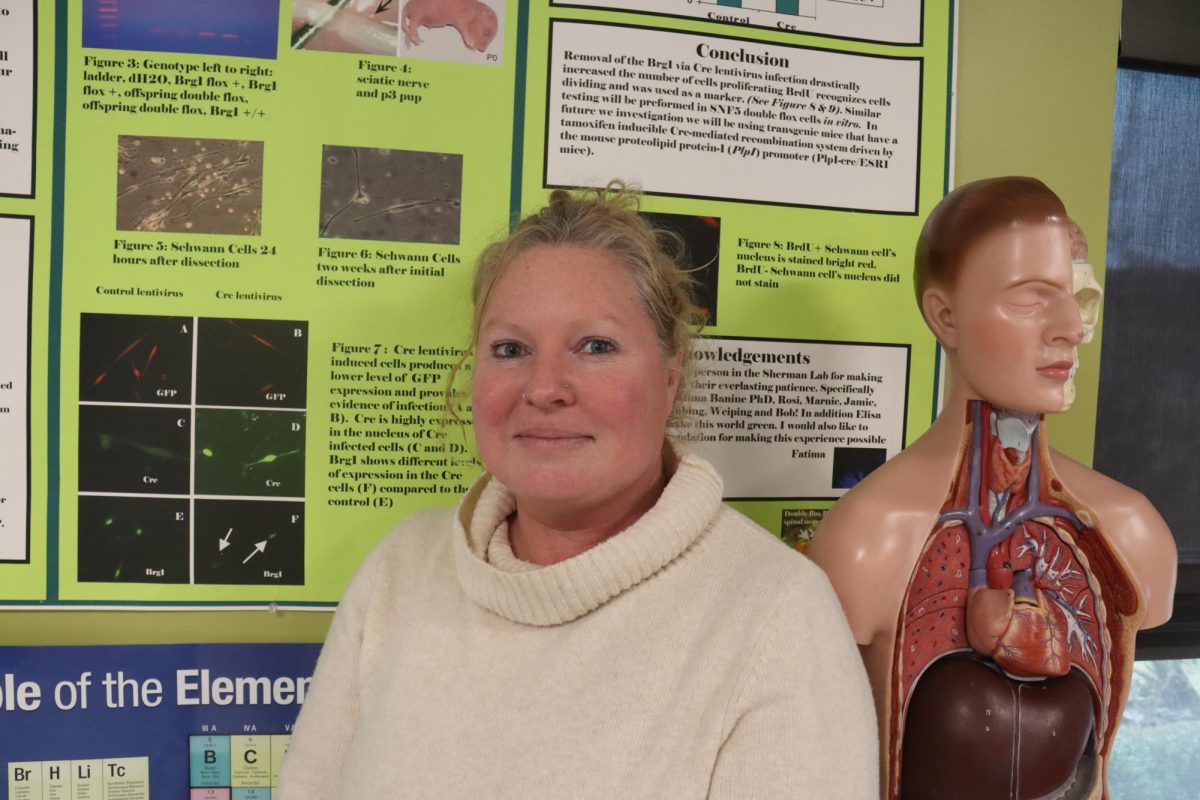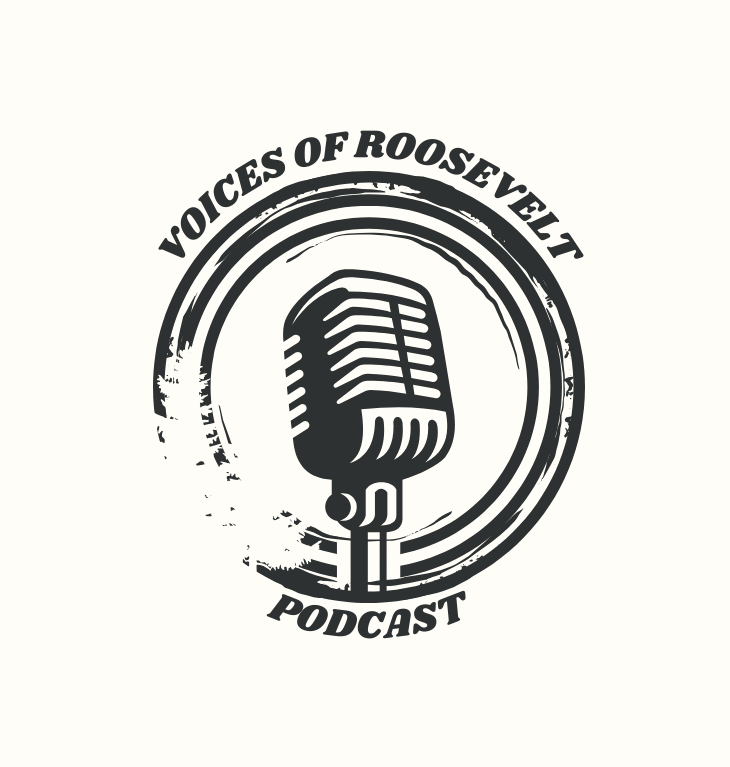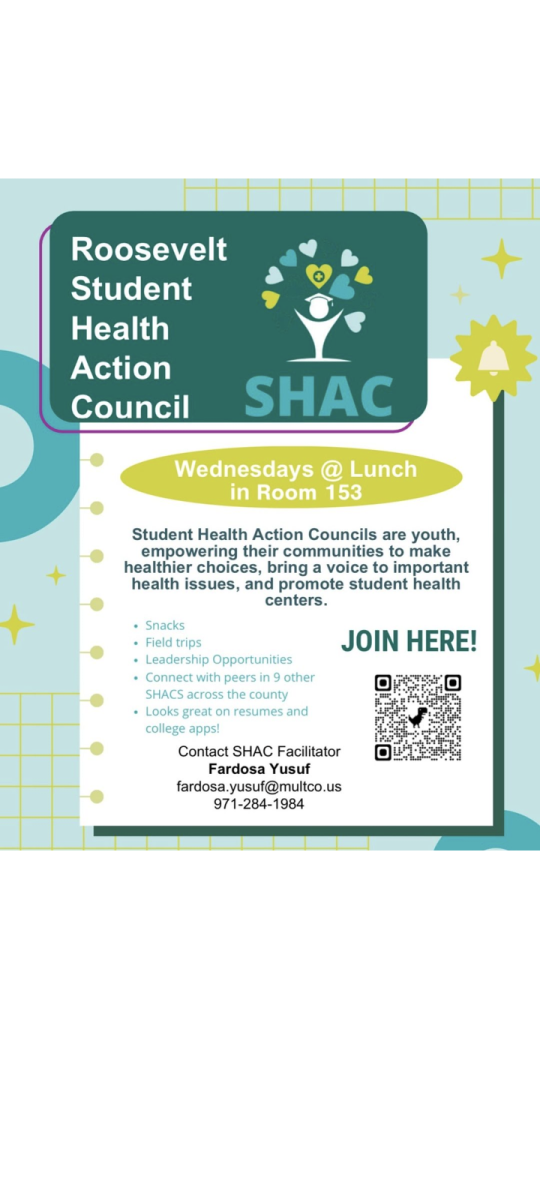Ask a Therapist #4
Dear Caitlin, How do I recognize an addiction in myself? How and where can I get the resources to overcome it?
Caitlin says:
We often throw around the word “addiction” in our everyday lives. We say things like “I’m so addicted to my phone” or “I’m addicted to this show”. Although we may find ourselves spending a lot of time on our phones or watching a show, it doesn’t necessarily mean it’s an addiction.
To start to recognize if you are struggling with an addiction, you’re looking for a few different signs:
- Feeling like you have a lack of control over your use of a substance or the time you spend on an activity, or an inability to stay away from a substance or behavior.
- Ignoring relationships or missing work/other commitments so you can engage in the behavior or use the substance.
- Ignoring risk factors, like using substances without knowing if they’re safe or not caring about the consequences of what happens once you’ve used/engaged in the behavior.
- Experiencing physical symptoms like withdrawal or needing higher dosage for effect.
Sometimes folks see these signs but will still deny they have a problem. When you’re ready to get help, there are options available for you. Portland Public Schools offers FREE and totally confidential support for treating addictions. Nobody will know if you’re utilizing it if you don’t want them to. Go HERE to fill out their Google form and get connected with someone.
And if you’re worried that a friend or family member may be struggling and you want to get them help, talk with a support staff (your counselor, a social worker, me, etc) here at school. We can help you figure out the next step so you don’t have to do it alone.
Lastly, if you are using opioids (ex: Xanax, oxy, fentanyl) or are around folks who are, you can get Narcan in the school based health center and learn how to use it. Narcan can reverse an overdose if it’s given quickly and correctly. You could save someone’s life.
-Caitlin
Ask a Therapist #3
This issue’s student question is: How do I navigate having an eating disorder?
Caitlin says:
Let’s start with some basics. What is an eating disorder? The most common eating disorders are Anorexia Nervosa, Bulimia, and Binge Eating Disorder.
- Anorexia is the label for someone who restricts food intake (skips meals or eats very little) and has a very low body weight because of it.
- Bulimia is the label for someone who eats but then tries to purge that food either by throwing it up, using laxatives or diuretics, or excessively exercising. They may not be considered underweight and they may engage in a “binge purge” cycle of overeating and then purging afterwards.
- Binge Eating Disorder is the label for someone who eats more in one sitting than they normally would and feels out of control when they are eating (eating very fast, hiding their eating from others because they’re embarrassed, or continuing to eat even though they are full/feel ill).
Now let’s talk about how EDs are treated and how people get better. The first important thing to know about them is that they are treatable! But also, EDs are similar to other mental health challenges like anxiety or depression in that they are caused by the way your brain works. Just like having anxiety or depression, coping with an ED means that folks learn how to deal with the thoughts they have that make them do things like throw up the food they’ve eaten. For example, someone with an eating disorder may look at their body and think it’s disgusting or too big. Those types of thoughts are caused by how their brain works and treatment means recognizing those “disordered” thoughts and trying to replace them with more positive ones or learning to see that food is healthy and safe. Some folks work with doctors, nutritionists, and therapists to make sure that they have coping skills that address their bodies and their minds.
If you are someone who thinks you may have an ED or who is in recovery from one, you can talk to your school counselor, social worker, or therapist about getting referred to a therapist or clinic that works specifically in treating EDs. You can also stop by the School Based Health Center to make a doctor’s appointment to check in on your health/body and get referred to new resources.
If you want to talk to someone who isn’t connected to the school, the National Eating Disorder Association has a TON of info on their website https://www.nationaleatingdisorders.org including a hotline to call for resources.
Ask A Therapist #1
In this NEW exciting column, Caitlin Clark, Roosevelt’s Individual and Family Therapist, will be answering YOUR questions about mental health, relationships, and anything else that might be related! Submit your questions for the column using the QR code: (insert QR code). Your question might be chosen for the next issue!
This issue’s student question is: What’s the difference between a healthy boundary and unhealthy boundary in a relationship? How do you know?
Caitlin says:
Oh man, I could easily write a book on boundaries! Boundaries are complicated and often require a lot of context to know what’s healthy or unhealthy. For example, what works in a parent-kid relationship clearly may not work in a romantic relationship. So for this question, let’s focus on romantic relationships.
The biggest boundary concern I hear about from students is around how much access their partner should have to their phone and accounts. This one is tricky and lots of people have many different feelings about it.
There are reasons we have doors on bedrooms and bathrooms and there are also reasons why we have passwords to limit access to our accounts. Sometimes we want to do things just for ourselves that no one else needs to know about. Like if your partner is annoying you and you just need to vent to a friend, that’s not something that is cause for concern because it’s totally normal to find your partner frustrating sometimes and we often need someone to talk to about it. But if you are the partner and you read those messages, you’ll likely be upset regardless of how valid the complaints were. In this situation, privacy is needed and ok so whoever is feeling frustrated can get those feelings out to someone else and maybe get some feedback on how to handle it.
Oftentimes, though, I hear that students want each other’s passcodes/passwords so that they can make sure their partner isn’t talking to anyone else. It’s normal to feel nervous about this when we like someone or are in a relationship with someone. However, when we start controlling who someone can and can’t talk to, the other person can feel like they are losing their freedom which can make them get defensive. So although it may make you feel better to stop your partner from talking to someone who makes you feel insecure, you’re taking away their freedom which is a no no.
I’m a firm believer in communication. Lots of times when people are feeling insecure or anxious, they try to control the situation to make themselves feel safer. However, that’s avoiding talking about the real issue. The real issue is trust. When we don’t trust our partner to do right by us, we get anxious and start engaging in behaviors that are unhealthy. Like setting boundaries around who they can and can’t talk to, deleting or blocking people off their accounts, asking them to stay home from a party because we think someone we don’t like might be there, etc. What it really comes down to is talking about trust- is it there? If it’s not, how do we build it? How do we set boundaries that allow for each person to have freedom while also ensuring that we’re staying committed to our relationship? Talk about this! Ask these questions of yourself and of your partner and see if you two can problem solve together to build trust and make sure you’re not controlling each other. It can go a long way!
The last piece to this puzzle is how we take care of ourselves. If our partner is consistently talking to other people, has been caught cheating before and didn’t take responsibility for it, gets caught in other lies, and isn’t meeting our needs in a relationship (being caring, kind, and supportive), then sometimes we need to set the boundary that the relationship needs to end. It may be hard but it’s needed.
Boundaries are complicated and often require a bigger conversation to figure out. Some of this advice may work for you or your situation may require something different. If you want help figuring something out, you can connect with our Raphael House Confidential Advocate named Katie. Katie specializes in supporting students who are having relationship challenges like trust issues and even intimate partner violence or recovery from a sexual assault. She’s here every Tuesday and is in the office connected to the Social Work/Wellness space (across from the Student Health Center).
-Caitlin




